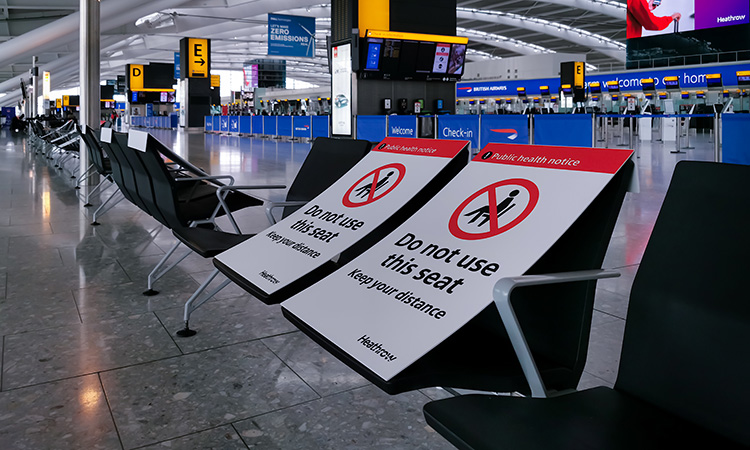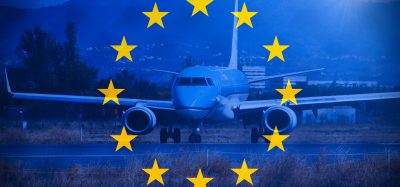New data shows the severe impact of COVID-19 on UK airport passenger numbers
Posted: 18 March 2021 | International Airport Review | No comments yet
By the end of 2020, passenger numbers at UK airports fell to levels not seen since 1985, with only 73.8 million passengers reported, most of which travelled in the first three months of the year.


On the anniversary of the UK Chancellor’s never-delivered promise for an aviation-specific support package, data released by the UK Civil Aviation Authority (CAA) has shown that passenger numbers travelling through UK airports throughout summer 2020 plunged to their lowest level since 1975, laying bare the devastating impact of the COVID-19 pandemic.
In total, 14.1 million passengers travelled through UK airports from July to September 1975, rising to 14.8 million in 1976. In contrast, 14.2 million passengers travelled through UK airports in the same period in 2020.
Throughout 2020, passenger levels plunged by 75.2 per cent to levels not seen since 1985. In 1985, airports reported 70.1 million passengers, rising to 74.8 million in 1986. In 2020, airports reported 73.8 million passengers, less than a quarter of 2019’s 296.8 million passengers.
Nearly two-thirds of those passengers in 2020 flew in the first three months of the year. The remaining third flew between April and December 2020, 89.1 per cent fewer than flew in the same period in 2019, as a result of quarantine and other travel restrictions.
Commenting on the new figures, the Airport Operators Association‘s (AOA) Chief Executive, Karen Dee, said: “A year ago, the Chancellor stood up and noted that some sectors faced ‘acute challenges’. He promised to work with the Transport Secretary on a ‘support package specifically for airlines and airports’. One year on, he has been proven right about the challenges but has failed to deliver sufficient support.”
She continued: “The Chancellor’s failure to deliver on his promise has resulted in UK airports facing huge losses and trailing behind international competitors, who did receive significant support from their governments. For example, German airports received €820 million of airport-specific support in February 2021.”
“Yet, despite dealing with the biggest crisis in their history, most airports remain operational to support vital public services, such as the Royal Mail, air ambulances, the Coastguard and the National Police Air Service, as well as other critical services, such as freight, including personal protective equipment (PPE) and vaccines,” Dee added.
She concluded: “The Global Travel Taskforce offers us a glimmer of hope for a safe and successful summer. To ensure that there are viable airports to support the economy and government agendas, like global Britain and levelling-up, it must deliver on the Prime Minister’s promise of a risk-based restart of aviation from 17 May 2021, through an affordable testing regime and with quarantine only as a measure of last resort.”
Join our free webinar: Beyond silos: How ecosystem thinking elevates the airport experience
In today’s complex aviation landscape, airports are moving beyond siloed operations to embrace a new era of collaboration. This webinar focuses on how leading airports are using ecosystem thinking to adapt, personalize, and continuously improve every touchpoint, boosting both passenger satisfaction and non-aeronautical revenue.
Date: 13 Nov | Time: 10:00 GMT
REGISTER NOW TO SECURE YOUR SPOT
Can’t attend live? No worries – register to receive the recording post-event.
Related topics
Air freight and cargo, Airport crisis management, COVID-19, Passenger volumes
Related organisations
Airport Operators Association (AOA), Civil Aviation Authority (CAA)


















